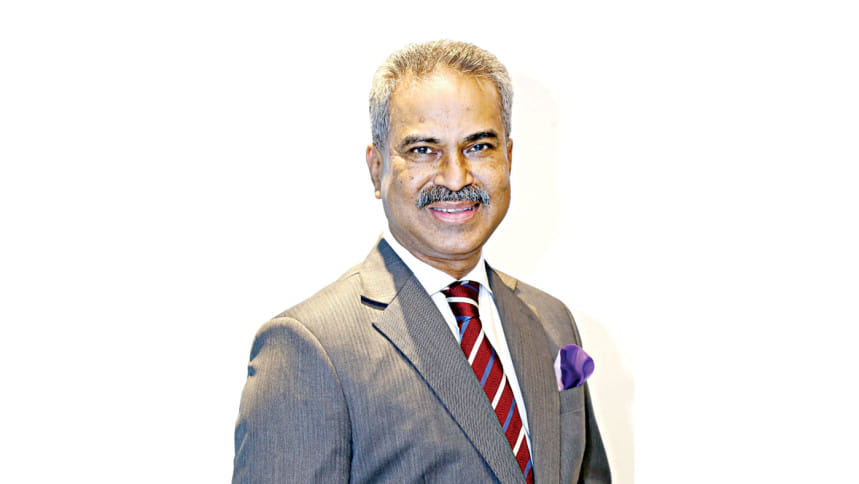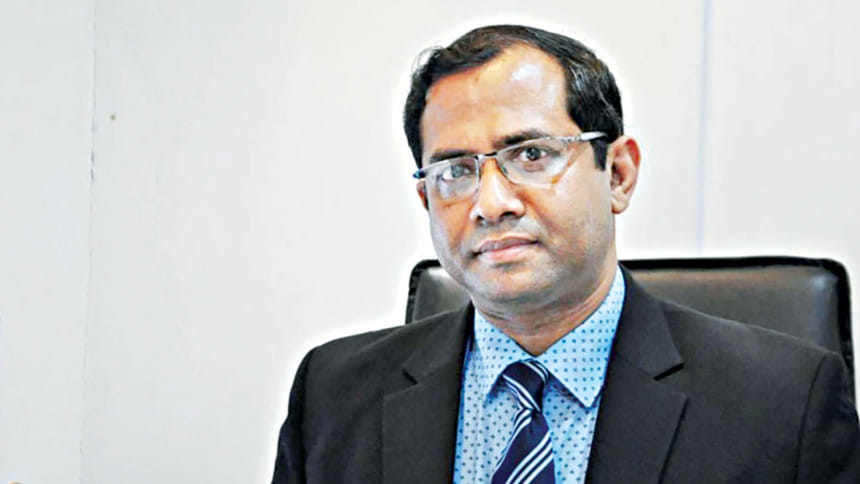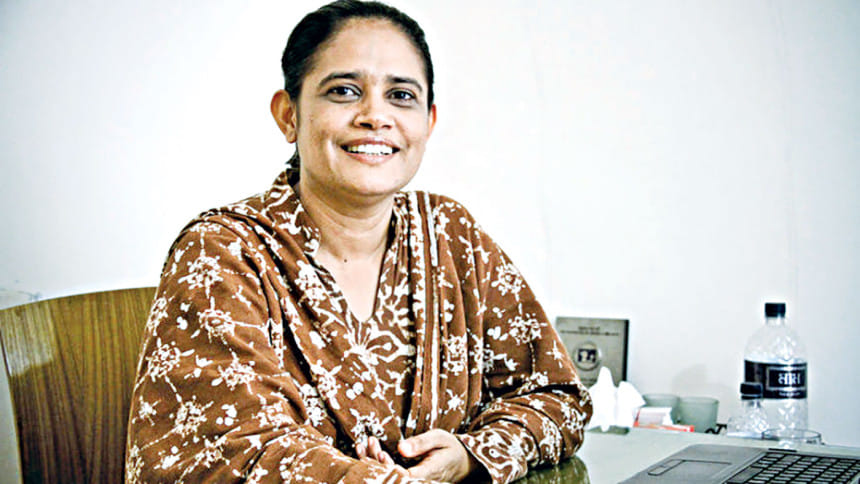New international accord: The debate
A new International Accord for Health and Safety in the Textile and Garment Industry was formed in Amsterdam on August 25 with a view to improving workers' rights and health in different countries, including Bangladesh. The two-year agreement comes into effect from today. However, the new platform has generated a heated debate among industry leaders, unions and independent experts. Refayet Ullah Mirdha, senior staff reporter at The Daily Star, talked to them. The following are excerpts from interviews on the development.

New accord can't be formed
Farque Hassan, president of apparel makers' platform the Bangladesh Garment Manufacturers and Exporters Association (BGMEA), said a new international accord cannot be formed.
Bangladesh has already complied with a Corrective Action Plan in accordance with the recommendations of the previous Bangladesh accord, he said.
"It is just old wine in a new old bottle," he said.
The international accord's formation is unethical, contradicts the laws of the land and has no recognition in Bangladesh, Hassan also said.
Even the Bangladesh accord cannot issue any press release on the formation of the international accord as the former's operations came to a close through a court order in Bangladesh, he said.
Moreover, the international accord is not needed at all as the RMG Sustainability Council, a tripartite body, has been working towards ensuring safety in the country's garment sector, said Hassan.
In fact, the signatories of the international accord did not take any responsibility of workers although they said a lot about their own interests, he said.
Ultimately, the factory owners bear all the responsibilities of the workers while the retailers and brands make a lot of promises but do not fulfil those, Hassan also said.
The signatories in both the old and new accord make no mention of ethical buying practices, fair prices of garment items and buyers' responsibilities to protect workers, he said.
Many local factory owners have already argued that they will not supply goods to the international retailers and brands if they impose conditions unethically on Bangladesh and thereby the garment supply chain will not be sustainable, he added.
A major concern is that the signatories in the international accord did not mention what will happen if workers vandalise a factory in case of labour unrest, he said.
Any vested quarter may instigate workers, getting them involved in vandalism, Hassan said adding that the international accord would not take responsibility of workers and vandalism in factories.
As per the recommendations of the previous accord, the local manufacturers have already addressed the structural, fire and electrical safety concerns spending more than $3 billion to strengthen workplace safety, he said.
"Who will take responsibility if the incidents of vandalism happen in the factories," Hassan asked.
Another major concern is that the international accord is apparently planning to run building safety programmes in the name of establishing labour rights and freedom of association, he said.
They cannot as the accord ceased to exist in Bangladesh following the court order, he said.
So a lot of small and medium-scale garment units will go out of business as they will not be able to meet demands and conditions of the international accord, Hassan added.
Finally, a lot of workers will lose their jobs as had happened when the previous accord came about. The accord had not stood beside them, he also said.

Separate int'l platform not needed
Khondaker Golam Moazzem, research director of the Centre for Policy Dialogue (CPD), said formation of this separate international accord platform was not needed.
The international accord has been formed mainly targeting protection of workers' rights like freedom of association and health safety in the garment sector worldwide, including Bangladesh, he said.
The two issues could have been incorporated in the existing RMG Sustainability Council (RSC) as it is a tripartite platform comprising brands, unions and industry, he said.
Moazzem said he discourages such new platforms from becoming active in the country, as the RSC was already functioning here.
"We discourage the formation of the new platform as the RSC is in place. Since the union leaders are also involved in the RSC, they also need to be consulted over the formation of the international accord," he said. He also said the brands and retailers were already functional in Bangladesh as they were signatories to the RSC.
Moreover, the international accord needs to involve related ministries of the government, particularly the labour ministry, for its implementation, he said.
The Bangladesh Garment Manufacturers and Exporters Association (BGMEA) and Bangladesh Knitwear Manufacturers and Exporters Association (BKMEA) were also needed to be involved in the formation of the international accord, he said.
International Labour Organization was also needed to be involved in the formation and functioning of the international accord, he said.
The previous accord has carried out a lot of visible works in Bangladesh over the last eight years, Moazzem said, adding that it was expected for such activities to equally materialise in countries where the accord had not come about so far.
"I want to see visible initiatives of the international accord in other countries as well. The new accord must not be Bangladesh centric. We want equal visibility of international accord in other countries," he said.

A win for unaddressed health safety
The international accord was formed mainly to ensure occupational and health safety of workers, said Nazma Akter, a substitute executive committee member of IndustriALL Global Union, a union federation representing more than 50 million working people in more than 140 countries.
The previous accord worked only to ensure electrical, fire and structural safety in the garment sector in Bangladesh, she said.
The health and occupational safety was not addressed in the previous accord although the issues were raised by the rights groups, she said.
"I hope the new accord will act to protect the occupational health, safety and good health of the workers so that they can work for a long time and get the benefits of service," Akter said. "I also hope that the productivity in the garment factories will increase if the workers feel safe and have sound health. We fought for the new accord and we won. It is our victory," she also said. The new accord is applicable not only in Bangladesh but also in other countries, she added.
Health safety is very important for the garment workers as they have to work hard for long hours. So the new accord will work on improvement of workers' occupational health safety, said Akter, also president of Sammilito Garments Sramik Federation.

 For all latest news, follow The Daily Star's Google News channel.
For all latest news, follow The Daily Star's Google News channel. 



Comments